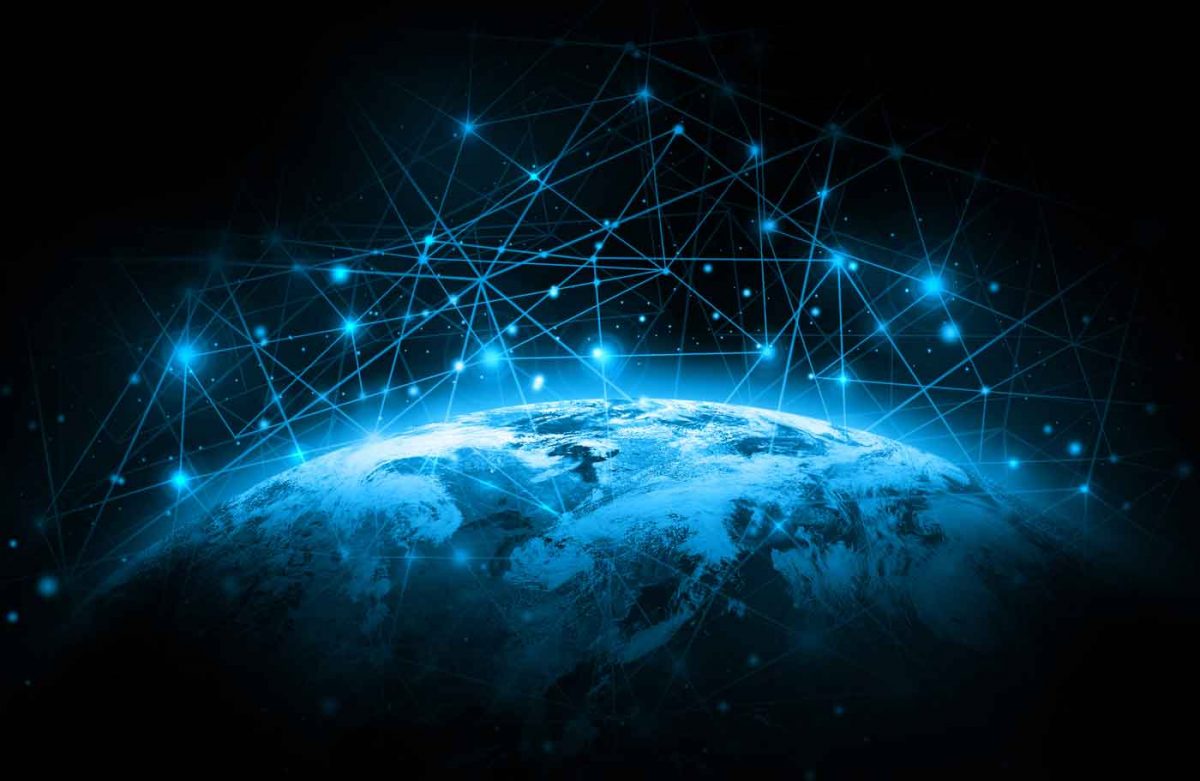Nuclear Policy Takes a Deep Dive Into Blockchain
Technology Could Ease Information Sharing Among Distrustful Parties
Last year, in a phone conversation about the costs and benefits of blockchain architecture, a source said to me with slight exasperation in his voice, “You know, you don’t need a blockchain to build a swimming pool.” It was meant to be a facetious commentary on the state of the industry. That was spring 2017, and blockchains, or at least the word blockchain, were being slapped on everything.
IBM and Maersk had just built their own blockchain to track international shipments. JP Morgan was deep in a project to issue financial instruments on a blockchain. Before you knew it Disney, Ford Motor Company, Toyota, Anheuser Busch, and even Kodak (yes, the company that makes your film) claimed to be squeezing magic from the blockchain. In blogs and think pieces, writers predicted that blockchain technology would transform artificial intelligence, health care, publishing, and the electrical grid.
Much less, however, was being written about what a blockchain is and how it works. The fact is that blockchain technology is not a magic bullet. Rather, it achieves one very specific thing: coordinating the sharing of data between mistrustful parties in the absence of a central authority. Now that we have this “trust machine,” as some have called it, people are naturally looking for places to apply it, and they are narrowing in on those systems where trust has traditionally been an issue.
For this reason, blockchain has recently become a buzzword in the realm of nuclear policy. “No one trusts each other in nuclear diplomacy,” says Cindy Vestergaard, director of the Nuclear Safeguards Program at the Stimson Center, a policy research group in Washington, DC. “This is, of course, why we have the treaties that we have.”
We have treaties, export laws, and international agencies that safeguard the activity of states in possession of nuclear material. And soon we may have blockchains.
